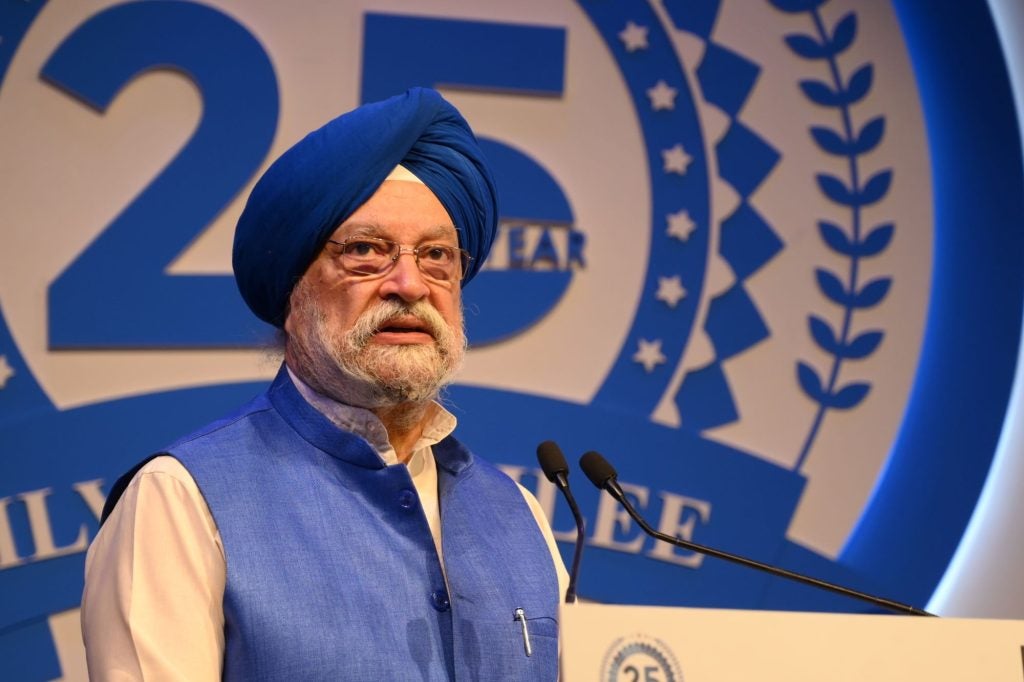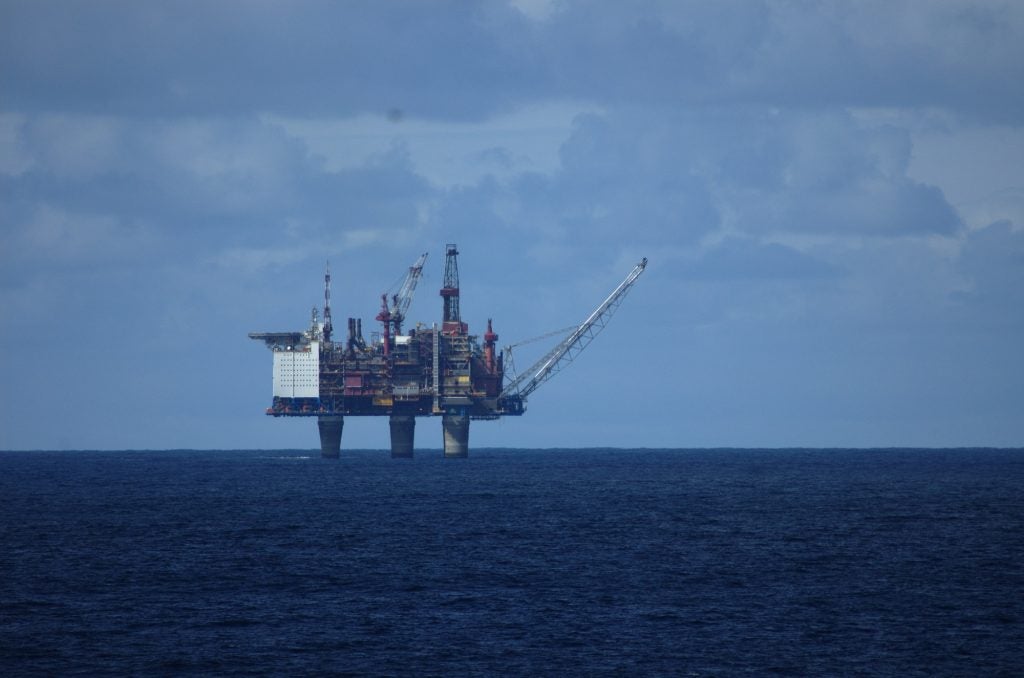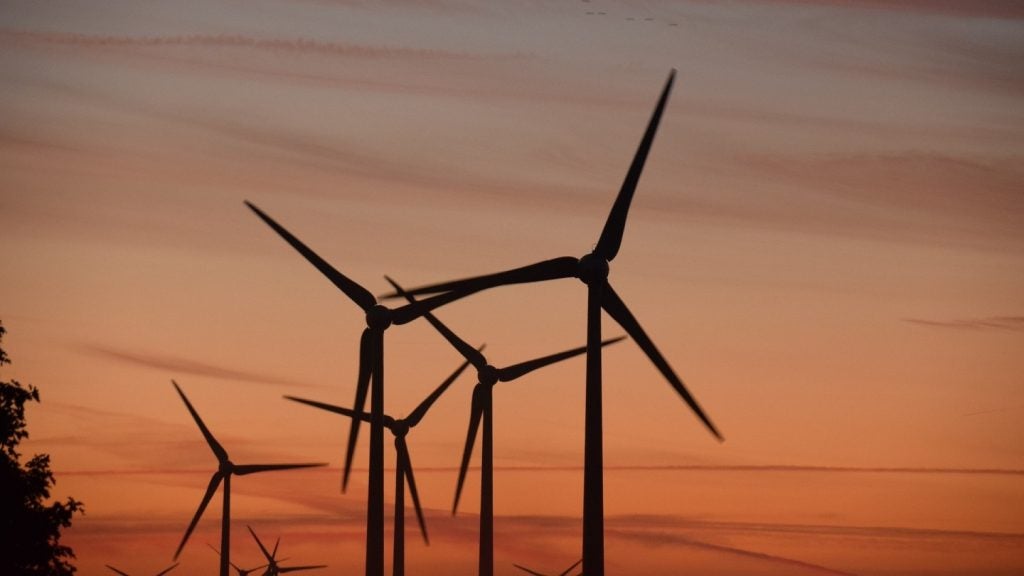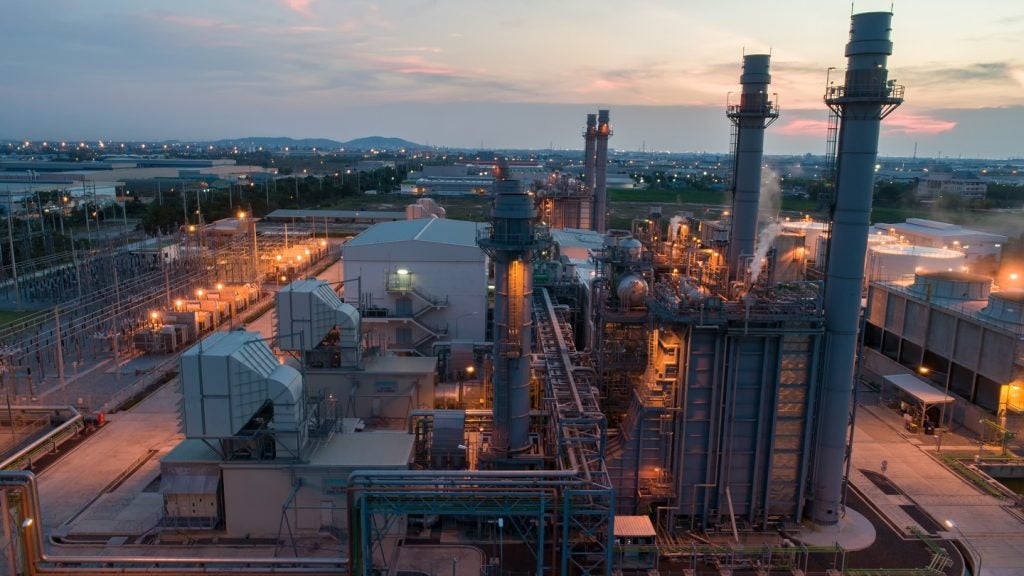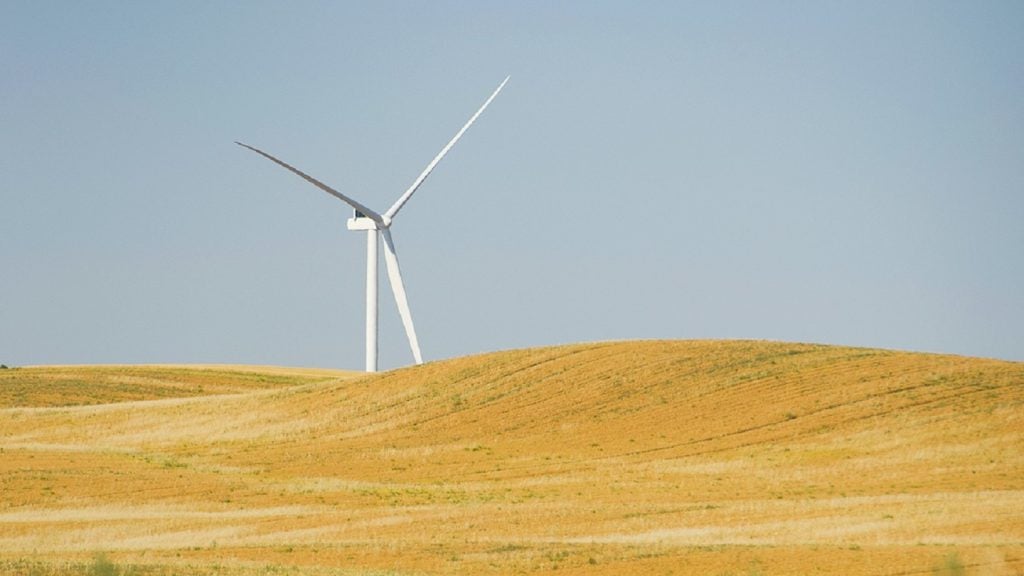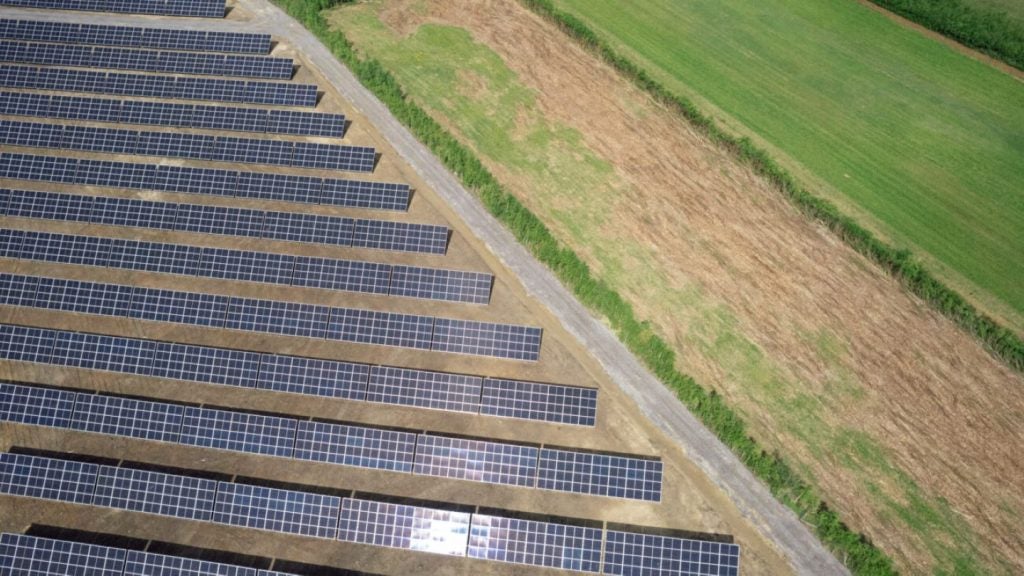India’s Petroleum Minister, Hardeep Singh Puri, has stated that the recent conflict between Israel and Palestine is not an immediate threat to India’s energy supply and says India will handle the situation “with maturity”.
Speaking at the 26th Energy Technology Meet in New Delhi on 9 October, the minister said the country was watching the situation in the Middle East “very carefully” but currently did not feel a need for concern, noting: “Let us be clear that the place where the action [Israel and Palestine conflict] is taking place is, in many respects, the centre of global energy. As we move forward, we will navigate through this.”
He added that instability in global oil-producing regions is pushing people to green power, noting that “these uncertainties only encourage people to transition towards sustainable and cleaner energy use”.
On 7 October, the Palestinian militant group Hamas and a smaller group called Islamic Jihad fired thousands of rockets into Israel on the last day of the Jewish high holidays. Following retaliatory airstrikes from Israel, the death toll from both sides has now surpassed 1,100 and around 100 Israeli hostages, including children, have been taken into Gaza.
How will the Israel-Palestine conflict impact energy prices?
The conflict between Israel and Palestine has already had a measurable and significant impact on global oil prices, with Brent crude prices soaring by $3.10 to reach $87.68 per barrel this morning. Meanwhile, US West Texas Intermediate crude prices hit $86.05 per barrel, an increase of $3.26.
Commenting on the potential threat to global energy supply, GlobalData energy analyst Rami Khrais noted: “The rise in oil prices we have witnessed so far reflects concerns about geopolitical tensions following the outbreak of hostilities between Israelis and Palestinians, but it does not reflect any change in the market fundamentals.
“It is likely that oil prices will stabilise if the conflict between Palestinians and Israelis does not escalate into a widespread regional conflict. Iran’s involvement in this conflict would definitely have an impact on energy supplies from the region and, consequently, on oil prices.
“Nevertheless, there is a possibility of gas supply distributions in regional markets, including Jordan and Egypt. The Israeli Ministry of Energy announced today the temporary suspension of production from the Tamar gas field off the coast of Haifa,” he added.
India is a major oil consumer; in July 2023, the International Energy Agency predicted that the country will soon overtake China as the largest driver of global oil demand.


